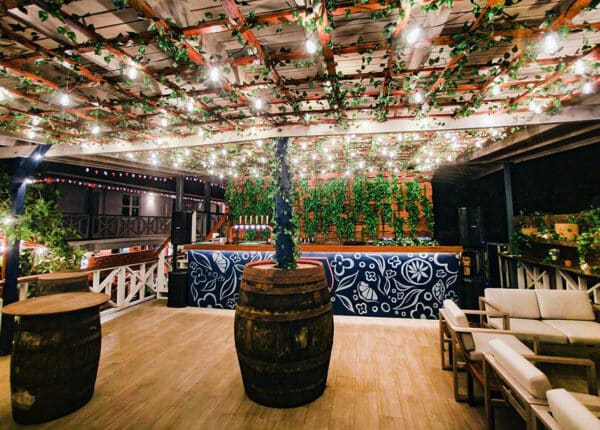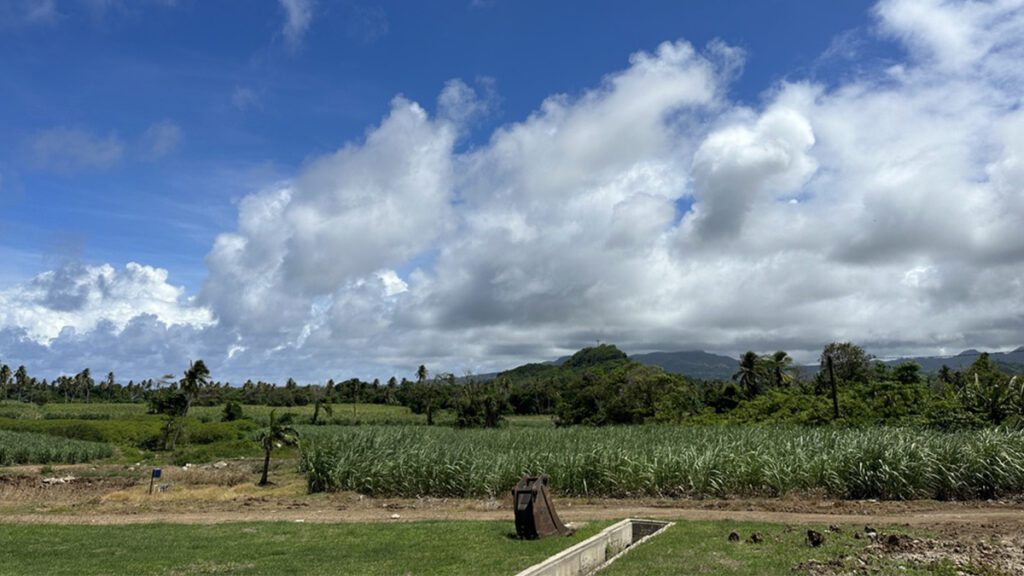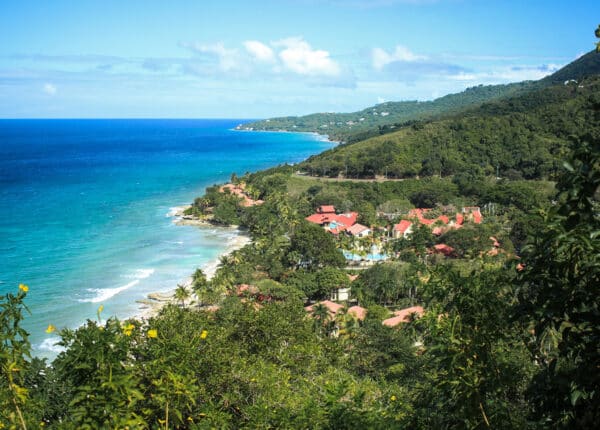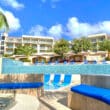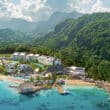The Caribbean’s Most Interesting Rum Is In Grenada
GRENADA — Can a rum have a terroir?
It’s a question we’ve been answering in the affirmative for years, focused on the artisanal rummaking of the French West Indies, where the connection between rum and the soil of the sugarcane fields is fundamental.
It’s in places like Martinique and Guadeloupe where rummakers like Neisson, Depaza and Clement, among others, have been considering terroir for years. They’re places where you can understand the impact of elevation, soil, cane variety and climate in essential ways, whether you’re tasting Depaz’s rum blanc from the foothills of Mont Pelee or journeying into the volcanic rainforest at JM.
Because when you’re dealing with rhum agricole, or when you’re dealing with any rum distilled from pure sugar cane juice, where and how the cane itself was grown is of existential importance.
In recent years, we’ve seen brands in Martinique and Guadeloupe begin to take the question further, launching special cane-exclusive varieties and, more notably, parcellaires, or rums, where the rum comes from cane grown in only a corner, or parcel, of the plantation.
The terroir exploration has, until now, been a chiefly French Caribbean endeavor. Until now.
Because now someone else is doing it, and they’re doing it a rather interesting way.
On the northeastern coast of the island of Grenada, Mark Reynier, best known for the world-renowned Waterford Distillery in Ireland, has built a rum company called Renegade Rum. And it’s a rather special thing indeed.
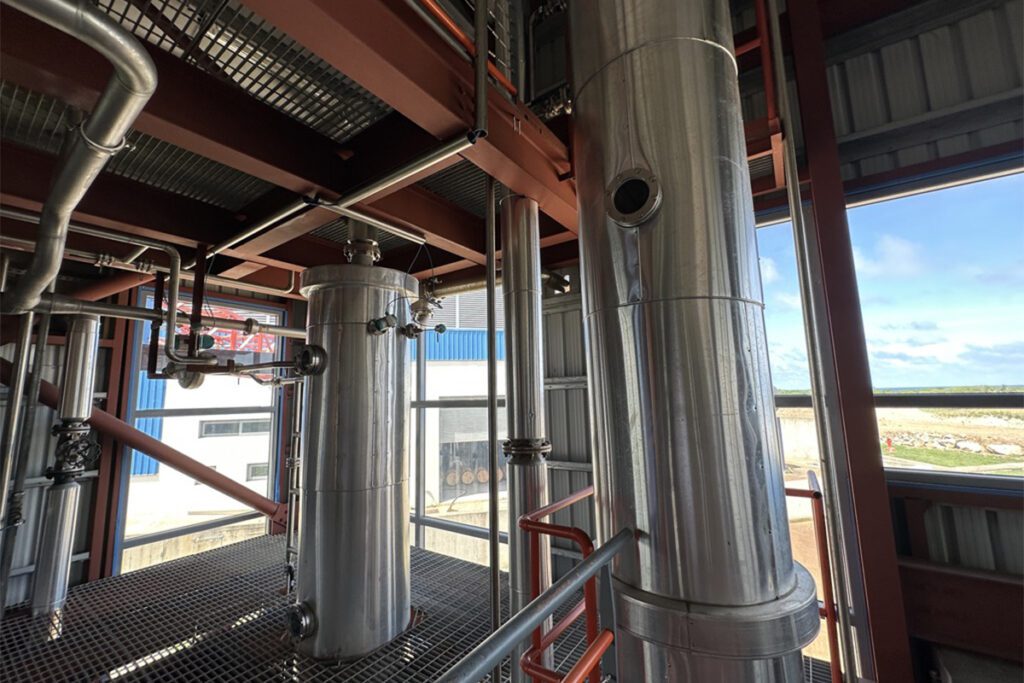
Reynier and his investors have poured millions of dollars into a rum distillery that is, at first glance, as technologically advanced as any distillery in the Caribbean.
But it’s what’s going on beyond the distillery that is most fascinating.
In Ireland, Reynier was the first to inject the concept of terroir into whisky, with a focus on the provenance of the barley. He’s taking the concept to the English-speaking Caribbean, a region that produces almost exclusively molasses rum (with the exception of some interesting recent work by St Lucia Distillers).
And what Renegade did beyond setting up a distillery was to actually create a sugarcane company, CaneCo, which leases the land from the farmers, manages the farms, develops them, empowers them, and then uses their sugarcane to make its rum.
CaneCo has become remarkably hands on, not just buying sugar from local producers but injecting a remarkable new level of agricultural and technological knowledge, capital and experience.
CaneCo “allows us to have full control from the moment the sugarcane goes into the ground to the moment it hits the distillery and eventually ends up in the bottle,” says Jane Nurse, head of marketing and sustainability communication at Renegade, an executive who was an expert on climate policy before finding her way to the team at Renegade.
“Initially it was supposed to be kind of like a agricultural service company because the idea was that we would find farmers that we would supply sugarcane varieties to and then buy the cane off them at a premium price,” Nurse says. “We quickly realized that the level of input that was required just didn’t exist on the island.”
What Renegade is doing, then, is as much an agricultural project as a rum project, one that is helping to transform and modernize a large swath of agriculture on the island.
“It’s a very unusual project. For Grenada, I believe we’re the only agricultural project at that scale.”
And what this control over the agricultural product at every step of the process means is that Renegade has a special ability to delve into the different variables that contribute to the terroir and provenance of a rum: elevation, climate, location, farm.
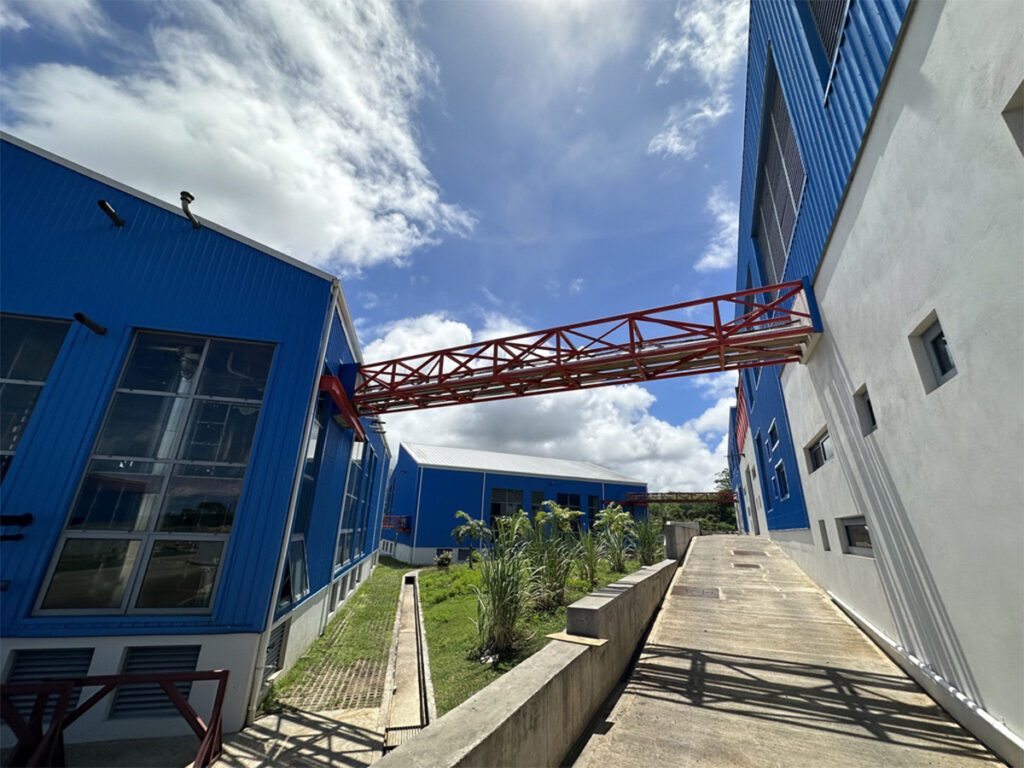
It should go without saying that the distillery itself is a wonder, from its almost unimaginably intricate technology (along with pot and copper stills from Forsyths) to its impressive, layered approach to sustainability, the latter no surprise given Nurse’s background.
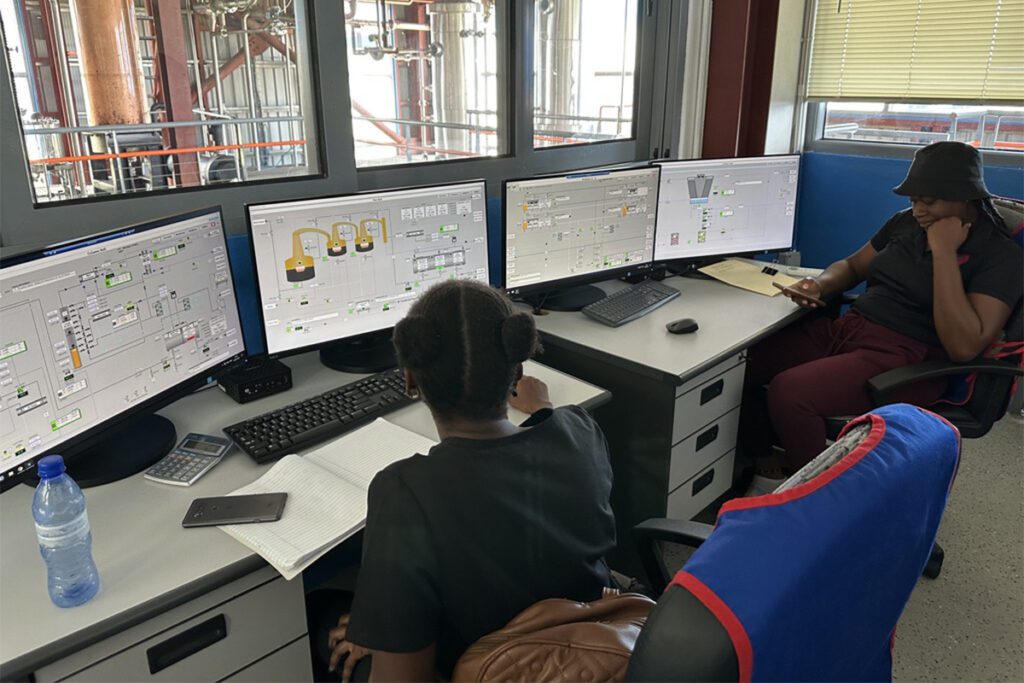
But it all comes back to the agricultural approach, and an end result that is already diverse as you’ll find from any distillery in the region— most far older than half a decade.
Nurse is quick to caution that they do not refer to their rum as rhum agricole. They call it “cane rum,” and the unaged stuff is not rhum blanc or white rum but “pre-cask.”
Renegade has just released the first fruits of its labor, resulting in a host of single-farm-origin rums that are all from different farms from different corners of the island, with different cane, some distilled in pot stills and some in column stills. The company also has some newer single-vintages and blends.
On the pre-cask side, there’s Old Bacolet, for example, which comes from the oldest sugarcane farm on the island; then there’s New Bacolet, a red-cane rum distilled in the pot still that comes from sugarcane on a “south-facing, steep-sided, sun-baked bowl.”
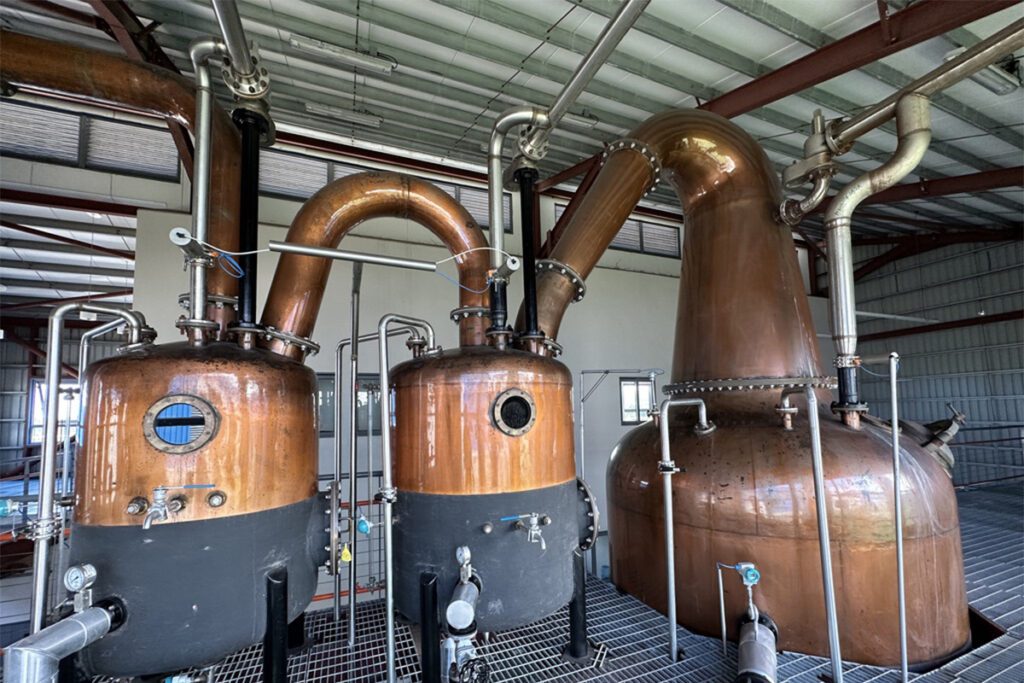
The most striking result is called Lake Antoine: two different rums, both pot-still, both from a cane variety Renegade calls “purple tallboy.”
But the cane itself is grown in two different places near Lake Antoine. One is on the upper part of a volcano crater lake, the other on the lower part. That’s the only distinction — and yet, the two rums are miles apart. This is terroir, and Renegade is just getting started.
You quickly see that what Renegade is doing is as much an intellectual exercise, an academic exploration, as a table filled with rum bottles.
“You have the very broad and the very specific, and you can see how that evolves and how the flavors and the aromas and characters change, depending on how much complexity you add to them,” Nurse says.
So do they taste like rhum agricole? They do and they don’t. They’re wonderfully complex and layered, some hinting at flavors and characteristics you might find in a Martinique or Guadeloupe (or, most accurately, those of Marie Galante). But some do not. This is a new kind of rum, from new soil for the Caribbean rum industry. It’s just plain cool.
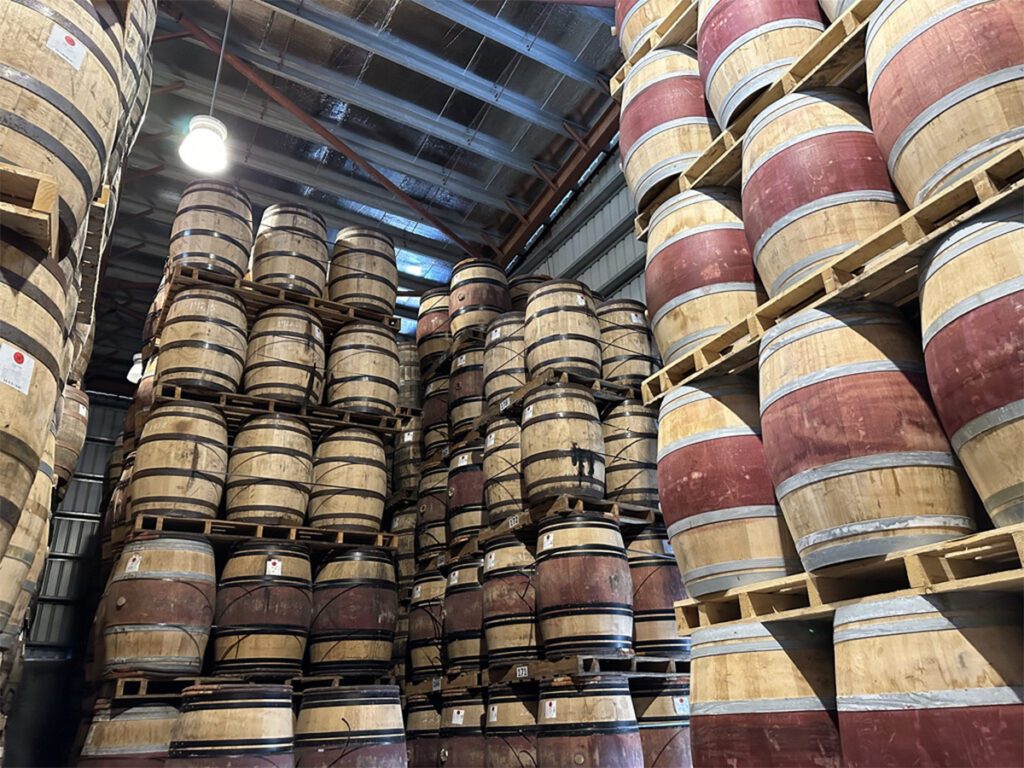
It’s a new addition to an island that has has a strong lineup of rum producers to its credit, including Clarke’s Court, Westerhall and, perhaps most famously, River Antoine, which makes the beloved Rivers rum not too far from the grounds of Renegade.
What Renegade has done, though, is create an entirely new landscape for rum, asking questions that few others are asking, and injecting serious, deep variability, or as Nurse calls it, complexity, into the process. Every step: the cane variety, the farm, the location, the distillation, is another variable that can become another rum permutation.
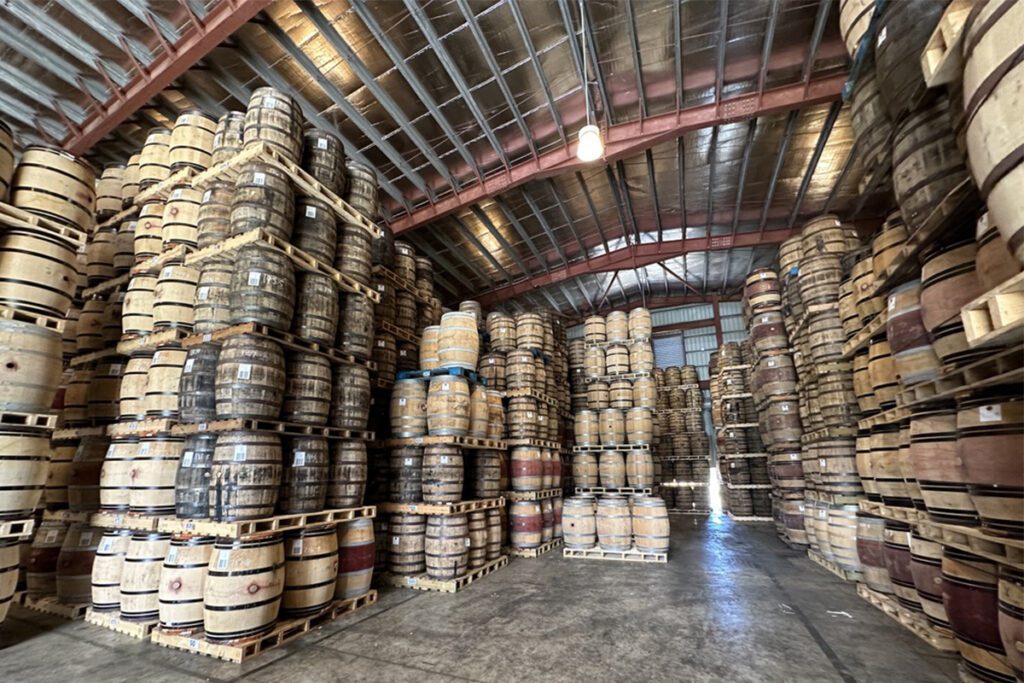
That’s without mentioning the barrel aging, which, when you see the massive warehouse filled with barrels, you see is obviously the big plan: French premium oak, American virgin oak, Andean oak from Colombia. They’re all here in the warehouse, all beginning their final journeys before, in the years to come, they become what will undoubtedly be some of the most sought-after rums in the world.
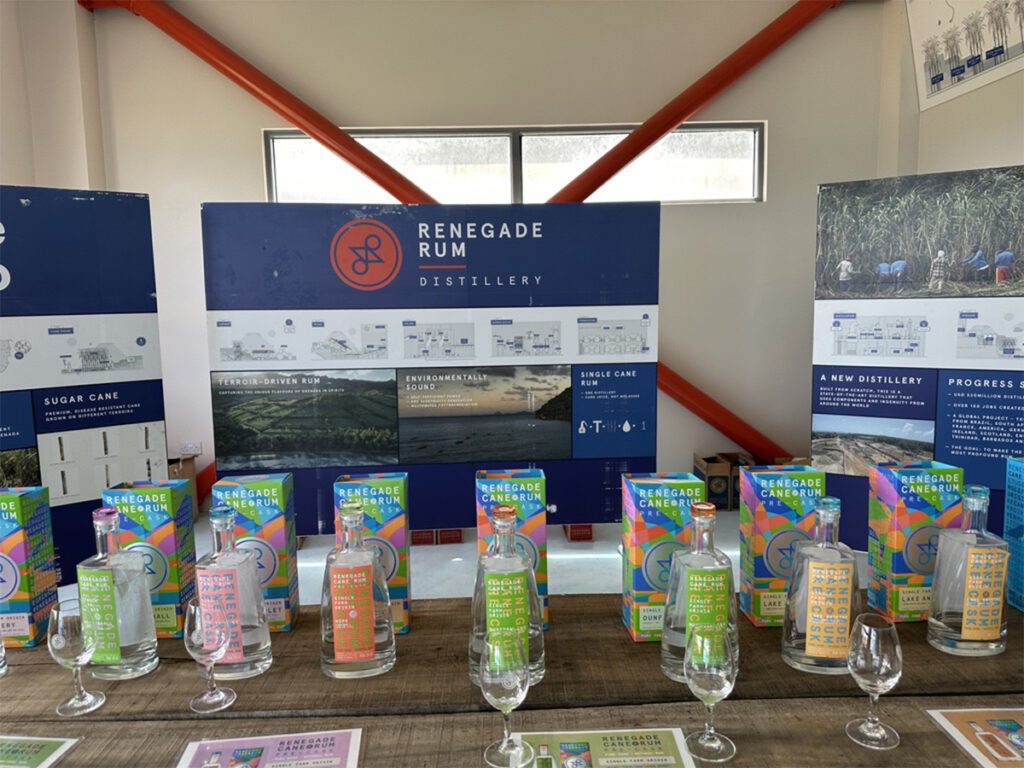
Our tasting at Renegade did include a pair of “aged” rums, called “Etudes,” or studies, that were even more intriguing, with remarkable complexity and character for rums that had been aged for as little as 18 months. And even these were an example of Renegade’s variability work. Pearls, as it was called, was a blend of the same rum aged in French oak, American oak and refill casks. And it was, in the best sense of the word, unique. I would give it 93 points, non-blind, an uncanny number for such a young rum. But you get the point.
This is unquestionably the most interesting rum being made in the Caribbean right now. Right now, there is no one thinking about rum in such an integrated, holistic way, at this level. And this is just the beginning.
